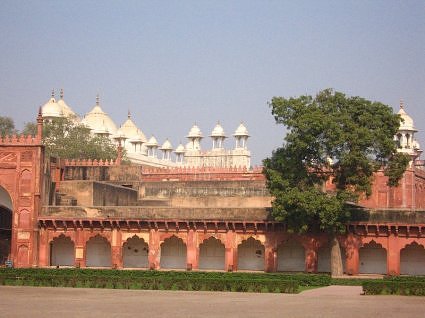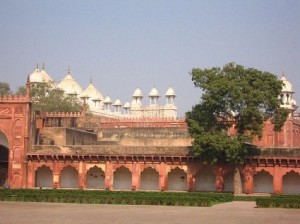India and its Muslims get a thumbs up from US
In a rousing endorsement of the secular and nationalistic nature of India and its Muslim population, the United States has recognized and appreciated that a “vast majority” of them remain committed to the Indian state and seek to participate in mainstream politics and economic life, thus cutting down scope for recruitment by extremist organizations.
In an extensive commentary about India’s 150 million plus Muslims (the second largest in the world after Indonesia, former US envoy to New Delhi David Mulford recorded in a cable (released by WikiLeaks) that “India’s vibrant democracy, inclusive culture and growing economy have made it easier for Muslim youth to find a place in the mainstream, reduced the pool of potential recruits, and the space in which Islamic extremist organizations can operate.”
The December 2005 commentary on Indian Muslims by Mulford, written at the request of Washington DC, appears to have gone a long way in President Bush’s recognition of India as a bulwark against Islamic extremism, going by the rich praise he showered on the Indian state and Indian Muslims after that. Bush repeatedly pointed out that there were very few extremist recruits from India, holding it as a model for how democracy could provide an avenue or release for grievances.
In his cable, Mulford notes that India’s secular education system increasingly integrates Muslim students into the mainstream and has spawned a growing and prosperous Muslim middle class. Muslims, like Indians generally, rely on education and English language competence to provide access to increased job opportunities. In the past, extremist groups focused on Indian universities as potential recruiting grounds, but the economic upturn has transformed this dynamic. Most Muslims approaching graduation from University will be prepared to enter the job market and are not interested in extremism. This cuts down the time when Muslim students are vulnerable to extremist recruitment.







Be First to Comment